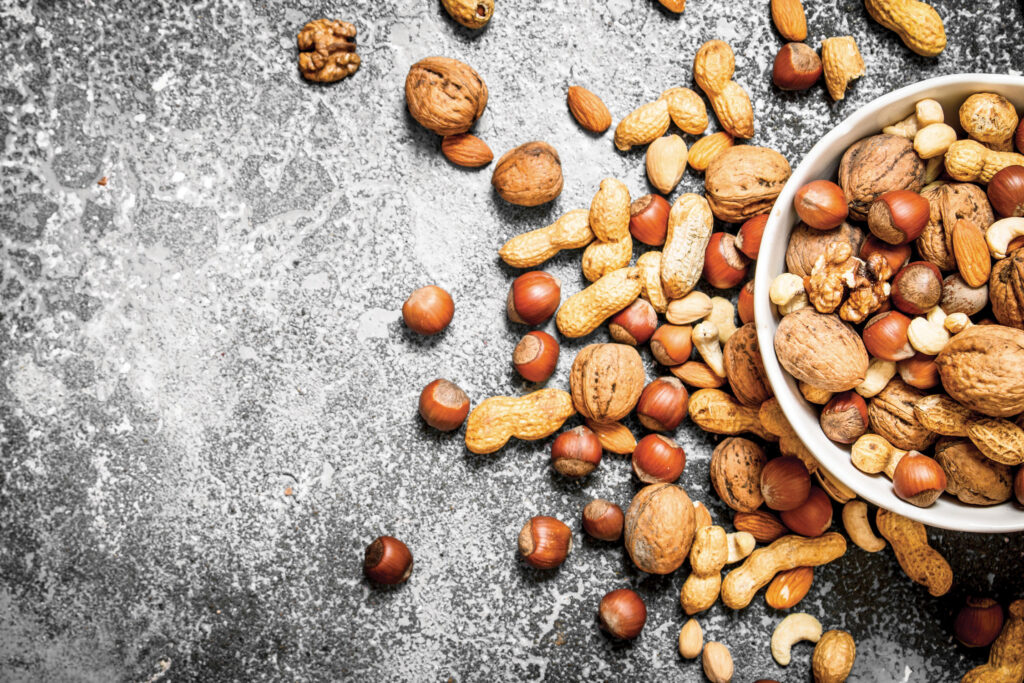Advertisement
Damn Good Advice
The nutrients women need

A: Our nutritional needs are constantly changing. Everything from activity level to age can affect our nutritional requirements, but there are some key nutrients to pay attention to as you age.
Advertisement
Calcium
Calcium is the most abundant mineral in your body, with the majority stored in the bones and teeth. It’s responsible for muscle contraction and nerve function. The recommended daily amount for women 51 years and older is 1,200 mg per day. For women under 50 years old, the recommended daily amount is 1,000 mg per day. Several plant-based foods are surprisingly good sources of calcium, including kale and calcium-fortified nondairy milk.
Advertisement
Vitamin D
Vitamin D works alongside calcium in helping maintain bone health. Unfortunately, many of us live in areas where we don’t get enough vitamin D from sun exposure. The current recommendations for vitamin D are 600 IU per day for those under age 70 and 800 IU per day after age 70. You can find it in fortified cereal, nondairy milk and some orange juice.
Advertisement
Good fats
While they’re not micronutrients, good fats are just as important to mention. In adults, a balanced diet is made up of approximately 20 to 35 percent fat. Focus on unsaturated fats and essential fatty acids like omega-3s. Avoid trans fats, which are often referred to as partially hydrogenated oils on food labels.
While dietary fats are rich in calories, they also help support normal hormone function, and they play an important role in the absorption of fat-soluble vitamins (A, D, E and K). Nuts, avocados, seeds and cold-pressed oils all contain unsaturated fats, and chia seeds, flaxseeds, hemp hearts and walnuts have omega-3 ALA.




